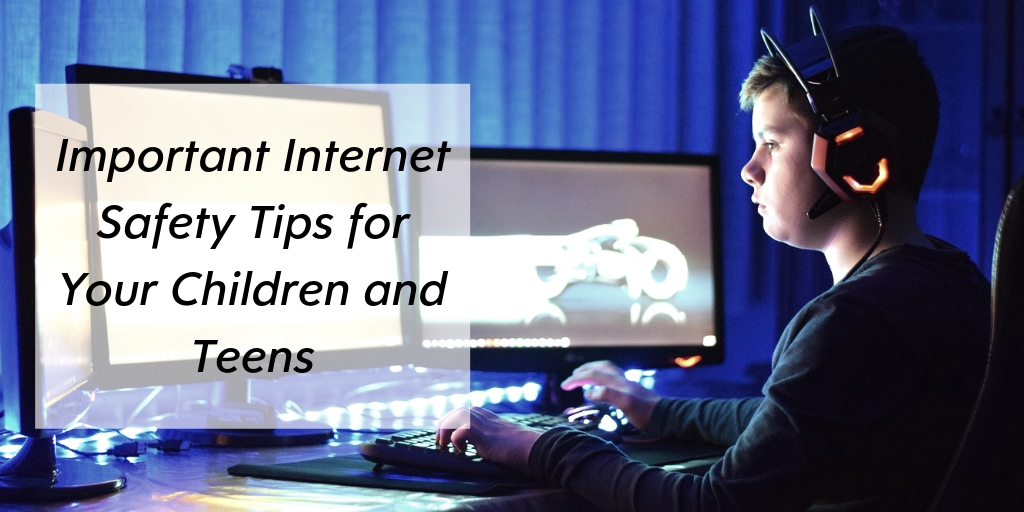
Our firm has made a commitment this year to support the fight against human trafficking. We’ve written blog posts, highlighted local support centers, and held a benefit dinner this past weekend. It’s something that has become incredibly important to every member on our team.
If you’re unfamiliar with the epidemic, human trafficking is modern day slavery. In 2019, it almost sounds crazy to talk about people in slavery. We’re separated enough from it in our daily lives that it seems like a problem our world no longer deals with. That’s wrong. There are more people enslaved today than in any point in our history. It’s a growing problem in our own country, and something that happens with shocking regularity in the state of Florida.
It Starts at Home
In the digital world, traffickers use the internet to easily target naïve and vulnerable children in order to bring them into captivity. Sex trafficking is a massive problem even in our own country. According to the FBI, it’s the second fastest growing criminal industry. It’s easy, profitable, and more prevalent than you’d ever imagine.
Now more than ever, it’s critical to keep your children and teens safe online. We need to educate our youth about the potential dangers and teach them how to stay safe at all times while online.
Crucial Tips for Staying Safe Online
Here are some of the most important practices you can teach your children. You can’t protect your child from every possible danger, but you can educate them on what’s at stake and how to guard themselves from danger.
Don’t Share Your Personal Information
Giving out personal information online should be no different than giving it out in person. Would your child or teen give their information out to any stranger who asked them in person? It should be the same while they’re online. You never know who is behind a screen, and your children should never share any information that could help identify them outside of the internet.
Monitor Social Media Posting
Are you aware of what your teen or child is doing online? It’s important for parents to monitor the pictures, videos, and content that their children are posting. It’s not about invading their privacy, it’s about keeping them safe. Make sure that your children’s social media accounts are set up with proper privacy standards. All of their posts, pictures, videos, and other content need to be set so that only approved friends are able to see it. Without changing these settings, the posts private information of your children may be available to anyone who stumbles onto them.
Know All Passwords
You should know all the passwords that your children use online. While social media posts may be public, many online predators reach out to children via online messages. As a parent, you aren’t able to see who your children may be talking to or what they may be saying unless you have access to their accounts. Just like sex trafficking, online recruitment often takes place in the shadows. It can be easy to miss if you aren’t monitoring your children’s accounts.
Sit Down and Talk With Your Kids
If they’re old enough to be using the internet, they’re old enough to know the dangers that it can bring. Be honest with your children. If they understand your concerns and the potential risks, they’re more likely to be open with you. Encourage them to come and talk with you the second something doesn’t feel right. Don’t miss the early warning signs. Institute an open dialogue.
More Resources on Online Safety
These are only a few tips for ensuring your children and teens’ online safety. Make sure that you are researching the topic yourself and staying up-to-date on new internet developments. With every passing year, online predators are getting smarter and finding new ways to lure vulnerable parties in. Guarding your children’s online safety is not an easy task, but it is one of the most important things you can do for them.
Here are some links to valuable resources. Learn more about the topic of human and sex trafficking and keeping your family safe by checking out these links:
- One More Child — A faith-based organization dedicated to providing support for children in need, especially those who have been caught up in the sex trafficking trade.
- National Human Trafficking Hotline — If you or someone you know has been victimized by human trafficking, contact the National Human Trafficking Hotline. Their website holds valuable information and statistics about the growing problem.
- Florida Department of Children and Families — For information about human and sex trafficking that is specific to the state of Florida, check out the website for the Florida Department of Children and Families. You’ll find more information about the problem and early warning signs to be on the lookout for.













